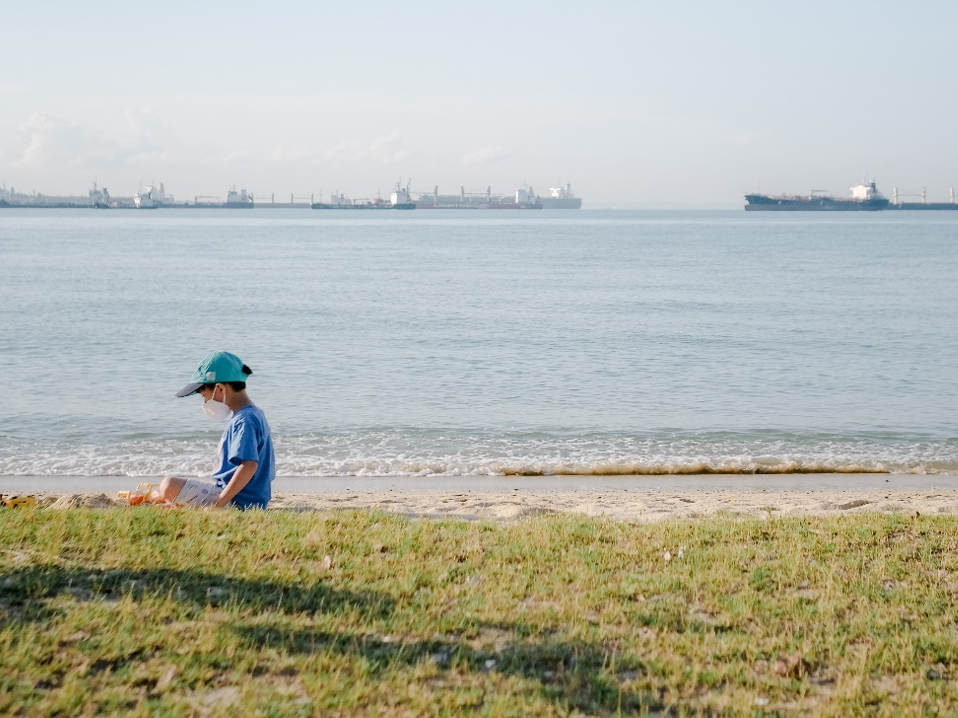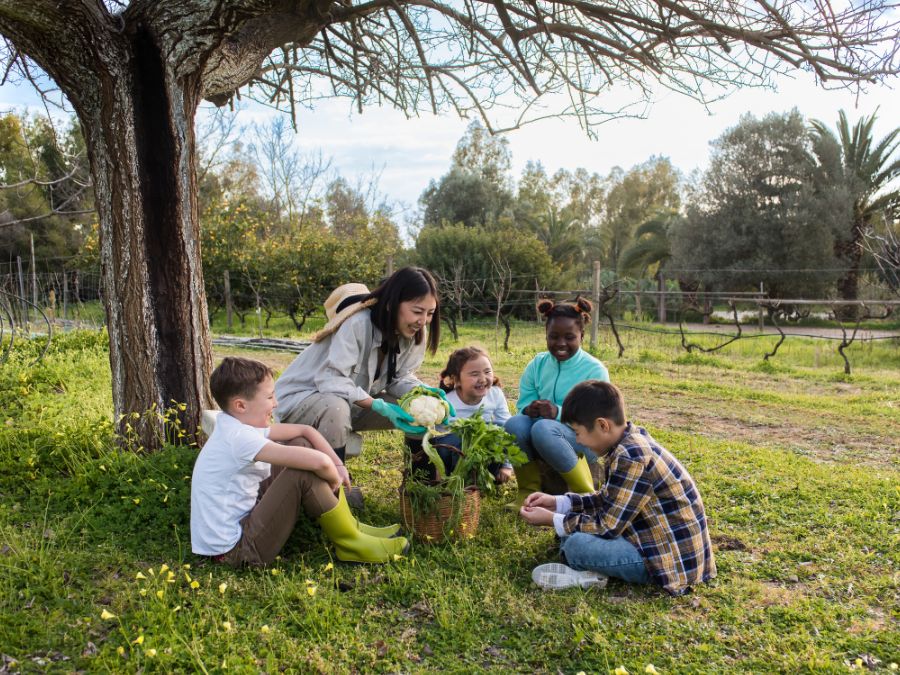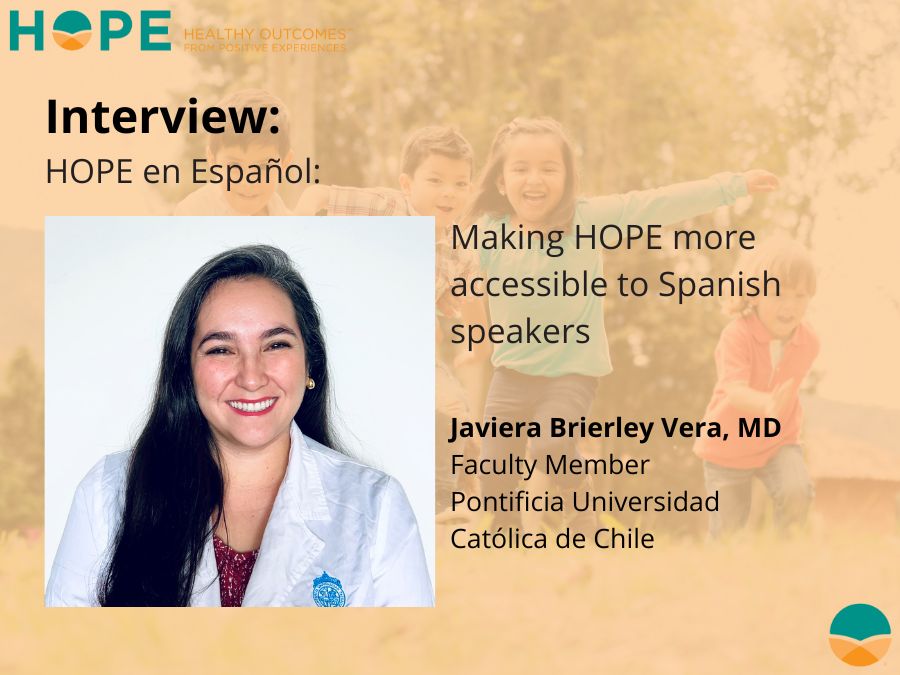
By Loren McCullough and Dr. Bob Sege
What’s going on with families during the COVID pandemic? In partnership with the American Academy of Pediatrics, Prevent Child Abuse America, and with assistance and financial support from the CDC (Centers for Disease Control and Prevention), The Lucile Packard Foundation, the California Department of Public Health, and KidsData.org, we surveyed California parents, to find out how they are doing during the pandemic.
On February 23rd, KidsData.org released their first round of results from California parents who took this questionnaire in November 2020. Respondents were asked to recall their experiences before and during the pandemic. Here are a few headlines:
- Many California parents and caregivers have been building positive experiences for their children in the midst of this crisis. Nearly 95% of California respondents reported participating in recreational activities with their children in the past week—important opportunities supporting the first of the Four Building Blocks of HOPE: relationships. It is encouraging to see family fun persisting even though parents may feel stretched thin.
- Financial disparities are of major concern now. Using charts and graphics available at KidsData.org, these data show differences in the effects on groups of California parents. Most (57%) parents in the low-income group (income less than $30,000), played outside with their children, and 2 of 3 parents (63%) had daily opportunities for fun and play with their children. This is very close to the statewide average, and similar to households making over six-figures!
- Families reported regularly engaging with their children in activities across all income groups. However, when asking specifically about outdoor activities done with children in the past week, California parents with annual income over $100,000 played outside with their child(ren) more frequently (72%) than those statewide (62%).
- There were racial disparities in how often parents reported having daily opportunities for children to have fun in the past week. About 6 in 10 California families said their children had daily opportunities for fun (64%). However, fewer Black families reported daily opportunities for fun than other racial/ethnic group breakdowns (52% of Black families compared to 66.9% of White families, 67.5%, of Asian families and 63.4 % of Hispanic families).
- When asking parents of children with special healthcare needs about chances for their children to have fun, daily fun opportunities were reported less frequently (56%) than in families without children with special healthcare needs (67%).
Ensuring all children have safe environments to play, the second Building Block of HOPE, promotes equitable opportunities for fun across all demographics. Parents in California are working hard to find opportunities for levity, joy, and togetherness for their children, even in a time when stress is high and options are limited. Across the state, the majority of parents are engaging with their children in meaningful ways, developing an important relational framework that can help support resilience. However, these data highlight disparities across race, income, and healthcare needs, shining a light on places where support and services are needed. Using a HOPEful lens to note how positive experiences are present in these communities can help parents and providers to bolster these experiences in struggling families or communities.
More data that describe family experiences during the pandemic are being released on KidsData.org, and we expect to report data from a similar national survey in the coming weeks. Those interested can sign up to get updates on new report postings. The HOPE team encourages you to subscribe to KidsData.org to keep up with information on child and family health across California.
Subscribe to the HOPE blog for updates following national-level information from parents about their experiences during the COVID-19 pandemic.
Photo by bady abbas on Unsplash


